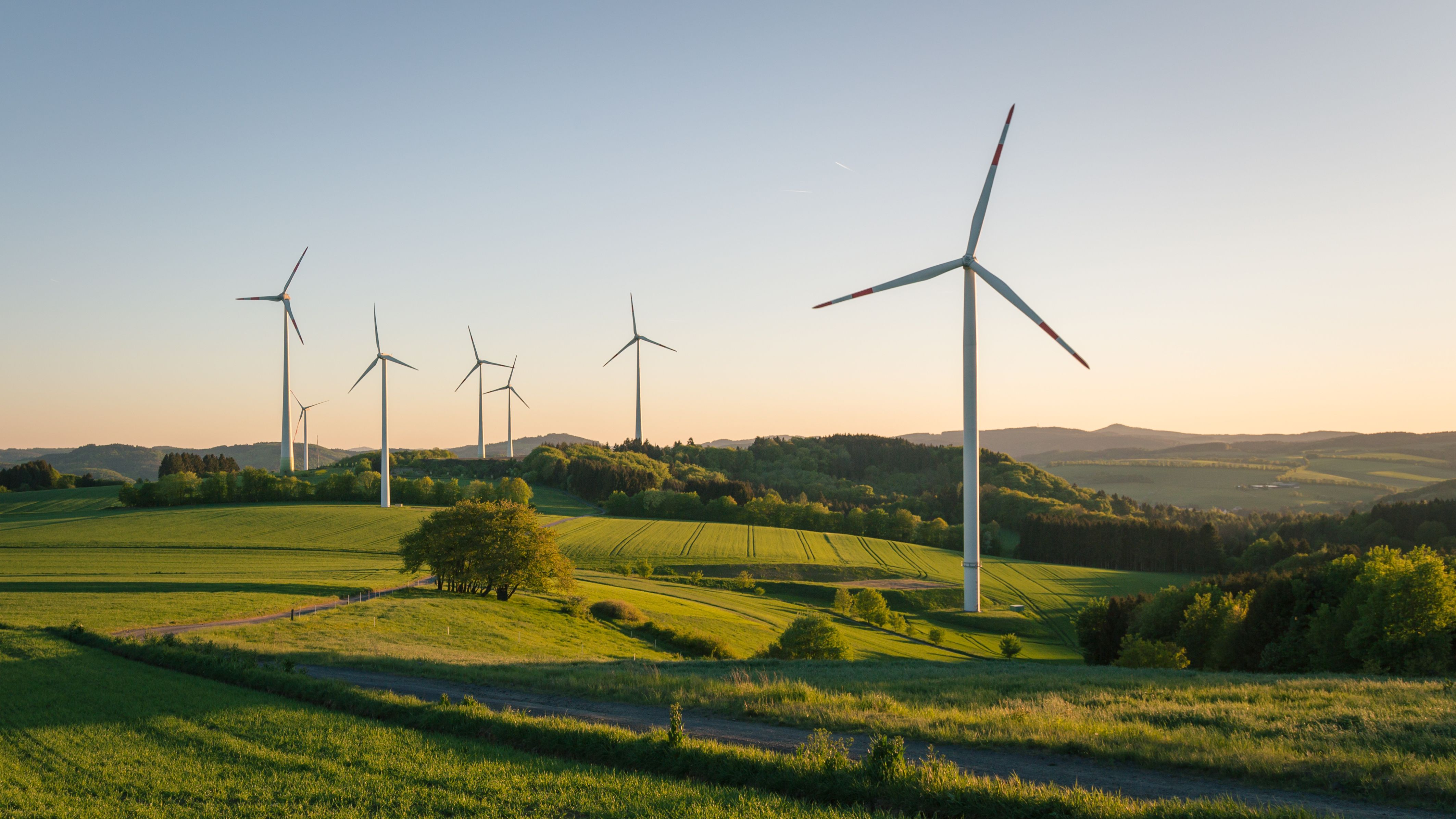Land use: exploring clean energy options for farmers and landowners

As the world continues to grapple with the challenges posed by climate change, the need for clean and renewable energy sources is becoming ever more pressing. For farmers and landowners, harnessing clean energy offers environmental benefits as well as lucrative opportunities.
In this article, we will explore various clean energy options available, whether farmers and landowners choose to develop renewable energy assets themselves or lease their land to developers. Whichever route is chosen, working with dependable, experienced suppliers and partners to help deliver the project is key to a successful outcome.
Solar energy
Solar energy is a widely recognised and accessible clean energy option for farmers and landowners. By installing solar panels on their land, they can generate electricity, reducing their reliance on traditional power sources. Solar energy systems can be tailored to suit the unique needs of each farm, from small-scale installations on rooftops or unused land to larger utility-scale projects. Moreover, through net metering, excess electricity can be sold back to the grid, creating an additional revenue stream.
Wind energy
For landowners with ample space and favourable wind conditions, wind energy is an excellent choice. Large wind turbines can be installed on open land or agricultural fields to capture wind power and convert it into electricity. Farmers and landowners can enter into agreements with wind energy developers, leasing their land for turbine installation. These agreements typically provide long-term, stable income through land rental fees or revenue-sharing arrangements. Additionally, wind farms have minimal impact on agricultural activities, allowing farmers to continue using the land for farming purposes.
Biomass energy
Farmers and landowners may wish to explore biomass energy as an option. Biomass, derived from organic materials such as crop residues, animal manure, and dedicated energy crops, can be converted into heat or electricity through processes like combustion or anaerobic digestion. Utilising biomass as an energy source can not only reduce waste but also provide a sustainable energy solution. Farmers can consider investing in biomass facilities on their land or collaborate with developers to establish biomass power plants, benefiting from revenue-sharing or feedstock supply agreements.
Hydropower
If a farm or property has a river or stream passing through it, hydropower can be a viable clean energy option. Micro-hydropower systems can be installed to generate electricity from the flowing water. Farmers and landowners can harness the potential energy of the water by using turbines or waterwheels. Small-scale hydropower systems can provide a consistent and reliable source of renewable energy, particularly in rural areas. Furthermore, excess electricity generated can be sold back to the grid, contributing to the overall energy supply, and potentially generating additional income.
Battery energy storage systems
Battery storage is playing an increasingly important part in enabling the proliferation of green energy across the UK. The ability of batteries to not only store energy but provide grid stability products such as frequency support, contributes to the UK’s ongoing energy security. Hosting a battery energy installation can either be done as a standalone project or as part of a bigger renewable energy project.
Farmers and landowners have a unique opportunity to contribute to the clean energy transition while benefiting financially from renewable energy development. From solar and wind to biomass, batteries and hydropower, a range of clean energy options are available. By choosing the most suitable option for their land, farmers and landowners can promote sustainability, reduce carbon footprints, and secure a brighter future for themselves and the planet.



